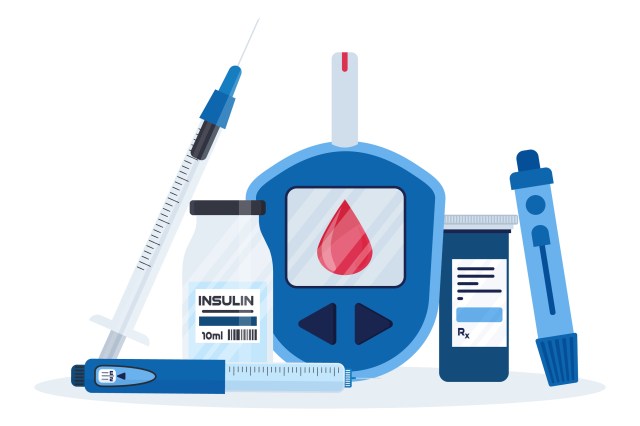Course Summary
Several eye diseases require advanced care to minimize or eliminate the risk of vision loss. The vascular features of diabetic retinopathy are considered predominant. Laboratory research on endothelial cell dysfunction has confirmed that diabetic retinopathy is a vascular disease. Photocoagulation or laser therapy is an accepted treatment for retinopathy, and photocoagulation can reduce the risk of vision loss due to diabetic macular edema. The standard care for advanced diabetic retinopathy is a focal laser. Intensive insulin therapy can reduce the risk of developing retinopathy significantly. Although eye diseases can be chronic, early symptoms can be treated to improve the patient’s quality of life.
Course Format
Homestudy
Course Syllabus
- Introduction
- Prevalence and Pathophysiology
- Non-Proliferative DR and Proliferative DR
- Diabetic Macular Edema
- Clinical Presentation and Diagnosis
- Fundoscopic Examination
- Fluorescein Angiography
- Optical Coherence Tomography
- Optical Coherence Tomography Angiography
- Ultra Wide-Field Fluorescein Angiography
- DR Severity and Progression: Diabetic Macular Ischemia
- Dilated Eye Exam
- Screening for Diabetic Retinopathy
- Screening Guidelines
- Laboratory Testing
- Disparities in DM Screening
- DR Progression: Global Report
- Treatment
- Anti-Vascular Endothelial Growth Factor Therapy
- Laser Therapy: Mechanism and Treatment
- Laser Therapy: Application
- Corticosteroid Injection
- Vitrectomy
- Case Study: Proliferative Diabetic Retinopathy
- Summary
Authors
Richard Daniels, PharmD, BCPS
Richard “Cole” Daniels earned his Doctor of Pharmacy(PharmD) from the Skaggs School of Pharmacy at the University of Montana in 2018. Throughout pharmacy school he completed a 3-year internship at Community Medical Center in Missoula, Montana in which he gained valuable experience in an acute care setting. Cole currently serves as a psychiatric clinical staff pharmacist at the Montana State Hospital. He has over 11 years of pharmacy experience having worked in several settings including retail, acute care, and inpatient psychiatric care. Cole has a diverse set of interests. However, acute care medicine, infectious disease, pain management, and asthma/COPD are a primary focus of his at the Montana State Hospital. He obtained board certification as a certified pharmacotherapy specialist in the Spring of 2022.
Dana Bartlett, RN, BSN, MSN, MA, CSPI
Dana Bartlett is a professional nurse and author. His clinical experience includes 16 years of ICU and ER experience and over 27 years as a poison control center information specialist. Dana has published numerous CE and journal articles, written NCLEX material, textbook chapters, and more than 100 online CE articles, and done editing and reviewing for publishers such as Elsevier, Lippincott, and Thieme. He has written widely on the subject of toxicology and was a contributing editor, toxicology section, for Critical Care Nurse journal. He is currently employed at the Connecticut Poison Control Center. He lives in Wappingers Falls, NY.


